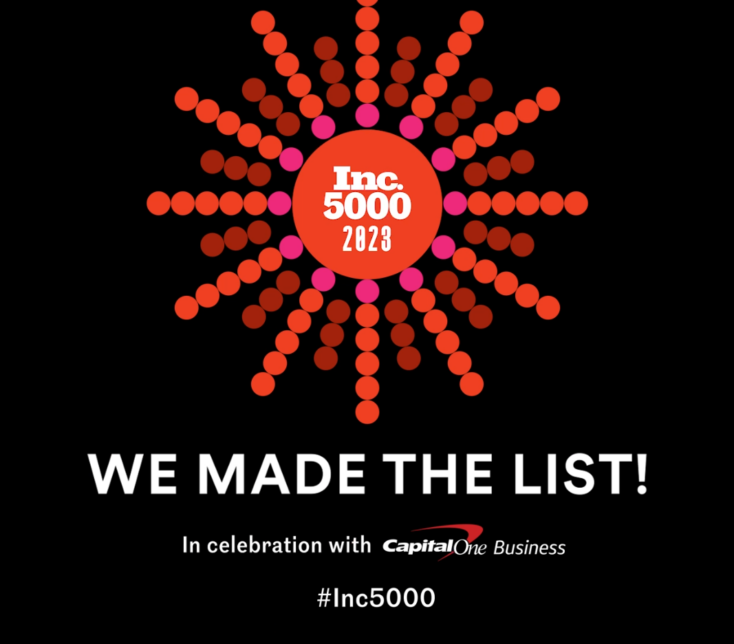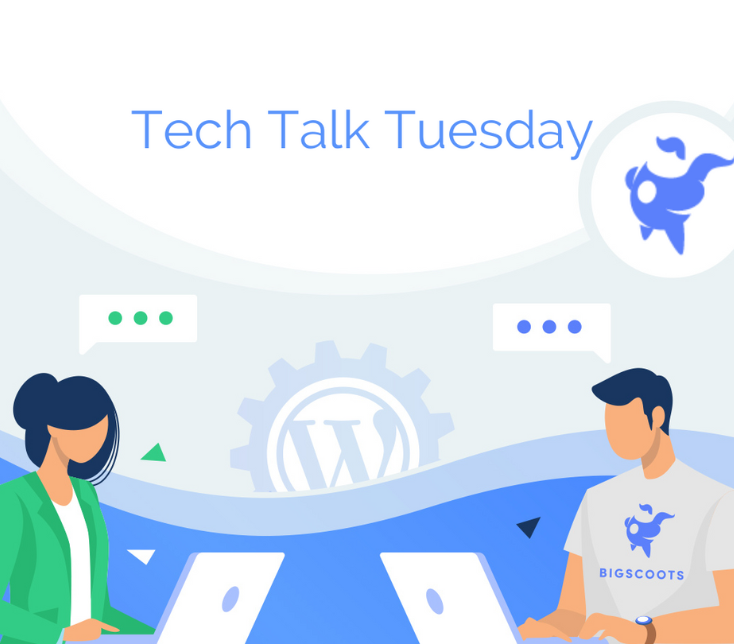Slow page loads can be incredibly frustrating, there’s no denying that. Beyond the frustration, they can negatively impact both your website and your business’s success. Fortunately, there are ways to remedy this and significantly enhance the user experience for your visitors.
In this first of two articles, we’ll share 4 Do-It-Yourself (DIY) tips that intermediate WordPress users may be able to use to address some common optimization issues. In Choosing a WordPress Speed Optimization Service for Improved WordPress Performance, we will discuss comprehensive Done-For-You (DFY) options that let experts handle everything and considerations for how to choose those experts.
Table of Contents
Why WordPress Performance Speed is Important
It’s one thing to believe that slow page speeds are annoying, it is another to truly understand how these load times may negatively impact your visitors. Page load speeds are critical to a visitor’s experience.
The People Factor
In today’s modern digital world, patience is short. Multiple reports, including an article from web influencer, Neil Patel, have shown that as many as 47% of consumers expect a website to load within two seconds or less. Additionally, it reported that 40% of people abandon a website that takes more than 3 seconds to load.
The longer the page speeds, the higher the probability that a visitor will abandon that site, and may not come back. Worse, it’s become more likely that they share that negative experience with their peers. This can result in extensive financial loss for WordPress e-commerce and other sites that rely on web traffic for sales conversions.
The SEO Factor
Humans are not the only ones that have little patience for slow page loads. Google web crawlers assess website load times as a confirmed signal for SEO and search engine rankings. Second, page speed is a signal of the quality of a website. A website that loads quickly is more likely to be well-maintained and updated regularly.
Google intends to provide users with the best possible search experience. This means not only delivering relevant and useful results but also sites that load quickly. First, a page that loads quickly can be identified as a well-maintained quality website. Second, a site that demonstrates a high bounce rate can be interpreted as a site with high user dissatisfaction. Both of these issues may lead to reduced search engine rankings.
4 DIY Tips to Speed Up WordPress Sites
There are several Do-It-Yourself (DIY) ways to speed up WordPress sites. However, these actions should not be taken lightly. These are not simple tasks. Each of the following still requires, at a minimum, an intermediate level of WordPress knowledge to complete on your own.
Move to a Lightweight WordPress Theme
Moving to a lightweight WordPress theme can increase your site speed. A visually rich theme with flashy media can make your site look amazing. But it can also weigh down your site with loads of scripts and stylesheets that will strain your page load times. You may want to consider a lighter theme that is built for speed, focuses on content over unnecessary graphic media, and allows your visitors to navigate your site more smoothly.
Optimize Images
One of the most common reasons for lazy load times includes images that are not formatted appropriately for sites. Sure they look great. But is that giant pic of a wedding cake worth losing your visitors on page one? Optimizing your images does not mean sacrificing quality.
Resize your images to the correct dimensions before uploading. Compress your images using tools like EWWW Image Optimizer, TinyPNG, WP Smush, or others. You could also use techniques such as lazy loading, to allow your site to only load parts of your web pages (such as images) when they are needed.
Clean Up Plugins
WordPress Plugins can be a direct way to add functionality to your site without hours of manual coding. But if not managed appropriately, they can also bloat your site and weigh down your page load speeds.
It may be helpful to quickly review and evaluate your plugins and decide which are essential and which ones are not. For those that are still active, you could consider alternatives that are not as load-heavy. For those that are not active, or no longer useful, you should consider disabling them and removing them altogether.
Leverage Edge Caching
WordPress caching allows you to store static versions of your web pages and load them up faster for your site visitors. By reducing server loads, caching can be a great way to speed up load times.
Edge caching takes this one step further by storing and delivering that data as close to the user as possible. Sending data from a data center or content delivery network (CDN) to locations closer to each user, network latency is significantly reduced to improve site speed overall.
Conclusion
Efforts to speed up WordPress sites don’t have to be overwhelming. With some effective techniques, you can increase your WordPress performance and provide a better user experience for your site visitors. For additional tips, you can also check out the BigScoot WordPress knowledge base. However, if you feel that do not have the proper skills or time, or you are seeking optimal WordPress performance, you may need to consider a WordPress Speed Optimization service delivered by a dedicated team of experts.
Read Choosing a WordPress Speed Optimization Service for Improved WordPress Performance for recommendations on how to choose a WordPress Speed Optimization service that will meet your needs.
BigScoots WordPress Speed Optimization Service
DIY tips are a great first step to speed up WordPress and/or improve WordPress performance on your site. But if you want to maintain comprehensive WordPress speed optimization on an ongoing basis, BigScoots offers Performance and Security Packages. The BigScoots Performance and Security Packages are WordPress speed optimization services developed specifically to boost Google Core Web Vitals, improve Page Speed, and layer on additional security features to protect BigScoots Managed WordPress sites.
To learn more about the feature-rich Performance and Security Packages along with real-world examples of improvements that BigScoots clients have experienced, visit the BigScoots WordPress Speed Optimization page.

Get in touch with our team to explore the potential WordPress performance improvements your Managed WordPress site can gain!


